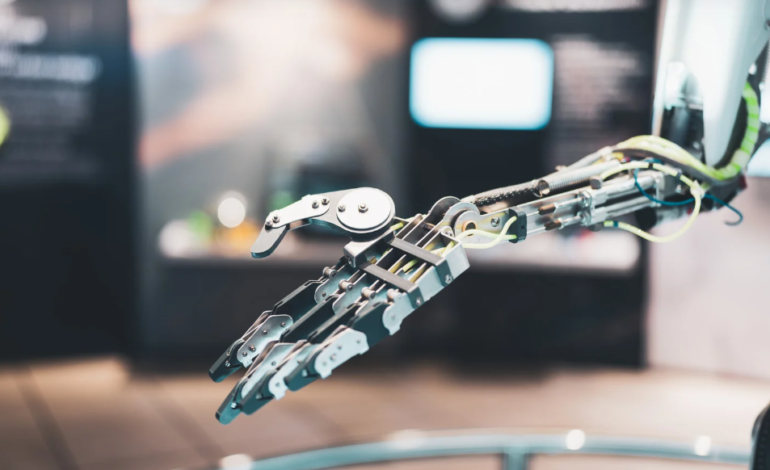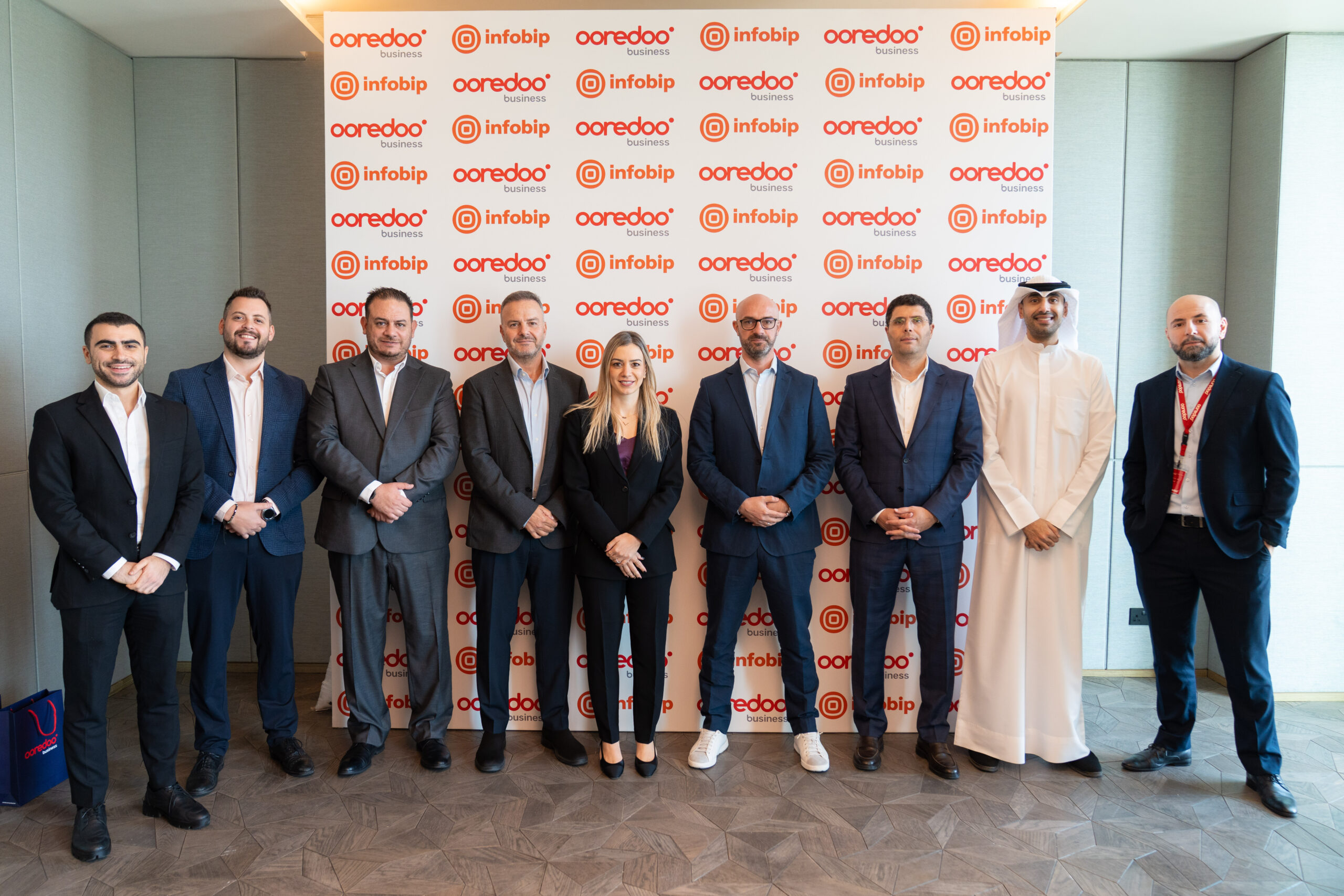How a university professor is inspiring his students to take the lead in tackling bias in large language models.
As large language models (LLMs) become ever more prevalent, it is vital to ensure that their potential wider impact is understood to allow them to become a true force for good. While it is easy to see the positive impact of LLMs as tools across a range of sectors, from education to healthcare and customer services, it is also important to recognize that, as a fast-developing technology with a growing range of applications, they could have unexpected and negative consequences that need to be either eliminated or managed responsibly.
This complex issue is a key focus area for Monojit Choudhury, who is a professor of natural language processing at Mohamed bin Zayed University of Artificial Intelligence (MBZUAI). Choudhury began his career at Microsoft Research India soon after he completed his doctorate in computer science at the Indian Institute of Technology Kharagpur.
One of his areas of focus at Microsoft was to research responsible AI, which included investigating ways to prevent models from causing any harm, a task that led to tests on GPT-4, including assessing the model’s ability to detect toxic content in zero- and few-shot contexts. GPT-4 proved to be remarkably proficient at the task, agreeing with humans 90% of the time on a toxicity dataset. For 5% of test cases where humans and the model disagreed, GPT-4 was proved to be correct, while another 5% of the cases were truly ambiguous, which meant that GPT-4 was performing better than humans on that specific set of data and on those tasks.
However, as Choudhury continued working with GPT-4 and tested its capacity with languages other than English, he identified many opportunities for improvement. Indeed, the performance of GPT-4 — and many other LLMs — in languages other than the most widely spoken, is lacking. This is a situation that needs attention because enhancing the ability of NLP applications to work in a wider variety of languages could have significant economic and cultural benefits for billions of people around the world.

These areas of interest have influenced Choudhury’s aims at MBZUAI, especially in terms of where he wants to encourage students to focus their research. “My broad research goal is to ensure that the benefits of generative AI, and more specifically, LLMs, are equitable and inclusive” he says. “For me, this boils down to two important challenges: building LLMs that work for all languages and cultures; and making them safe for everybody.”
In terms of making LLMs more inclusive, Choudhury says there are two “axes of inclusion” that interest him. “The first is linguistic inclusion, which means figuring out how to make models perform equally well for ‘every language’. While gathering more data for more languages is a way forward, it will never scale to 6000 living languages and their numerous varieties spoken on the Earth today. I am interested in building models that can learn a new language from very little data, or just a description of its grammar and a dictionary. The second is cultural inclusion, which focuses on making models aware of cultural norms and practices, as well as aligning responses to different cultural contexts, and studying and modelling culture through the lens of AI,” he says.
Most LLMs fall short in representing the nuance of cultures and values beyond the Western world. “Culture and values are intricate concepts, hard to pin down and even harder to gather data on. This raises a significant interdisciplinary challenge for engineers and researchers in NLP,” Choudhury says. “However, it also presents an exciting opportunity for collaboration with social scientists, psychologists, and philosophers.”
AI ethics and safety is another area of growing concern, given the rapid pace at which AI is developing and becoming embedded in many areas of society. Choudhury wants to drive discussions and research on how to make LLMs and AI safer and fairer, and he stresses that there is no time to waste. “I am working on the concept of artificial morality – which explores how AI systems can be furnished with moral capacities – including how to define and operationalize it, and how to ensure that the agency of the models is limited, even when they are very powerful,” Choudhury says.
These issues may sound unnerving to some, but Choudhury insists that research in this vein is aimed at making AI operate and work in a way people around the world can relate to, and which will make it more accurate, more useful, and safer.
An AI optimist, Choudhury is also interested in the intersection of AI, culture, and creativity. “I am especially interested in building multimodal music generation models that will work for musical genres from across the globe. The bias in representation of languages in LLMs is equally if not more prominently present in the current music-language models. While they might surprise you by generating creative and aesthetically pleasing piece of a Bach-like composition on Piano, when it comes to music from the non-Western world, say for example, Indian classical music, all the models fail badly,” he says.
Amid the rapid pace of AI development, Choudhury believes that taking a step back to look at the bigger picture is vital, and this is something that he hopes to instill in students. “Certainly, generative AI is transformative and has immense power to do good, but it is vital to ensure that these technologies work for everyone and that risks – including issues that may have been overlooked – are considered, researched and addressed.”
Aside from his research interests, Choudhury is also keen to assist students at a more practical level, and he believes his experience working at Microsoft will help, especially with respect to understanding the skill requirements of the industry and helping to open up internships and work-experience opportunities for students. “Students are extremely keen on understanding how industry functions, and what roles and skillsets typically interest the industry,” he explains. “Students are also interested in knowing how industry is developing GenAI strategies, and what the future looks like.”
From his vast experience, Choudhury believes that adaptability and an ability to quickly grasp new technologies and breakthroughs are the most important qualities for graduates in the fast-developing AI landscape. “Aside from that, industry looks for a fundamental understanding of statistics, algorithms and other core AI and computer science concepts, because these remain constant and are always useful even though the technologies themselves are evolving rapidly,” he says.
“Importantly, industry is a collaborative space, where large projects are accomplished by teams of, say, 20 or even thousands of people working together. So being able work in large groups and learning how to cooperate with people with diverse backgrounds and skillsets is an important quality that doesn’t get enough attention, but often is the key determiner of success in industry.”









